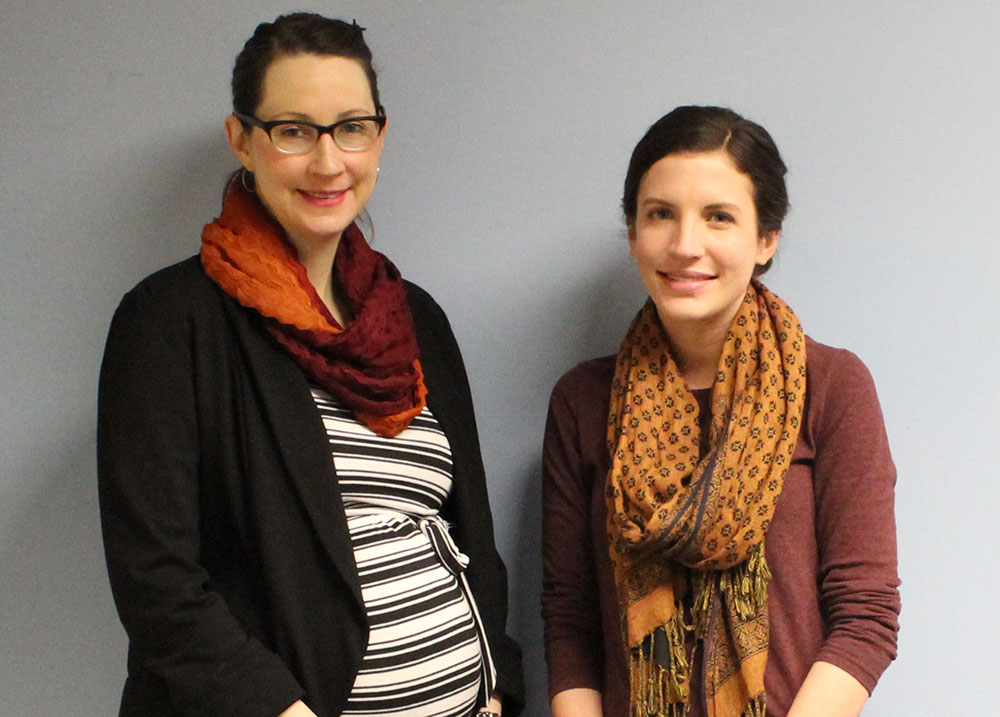
Each year, the Northwest Public Health Training Center funds student public health projects. Jessica Mogk, a recipient of funding during the 2017–18 school year, describes her project with the Seattle Housing and Resource Effort/Women’s Housing, Equality and Enhancement League (SHARE/WHEEL).
What are some of the root causes of homelessness? Can a history of incarceration or outstanding legal debt predict homelessness in King County, Washington?
These are the kinds of questions Jessica Mogk explored through her MPH capstone project with the Seattle Housing and Resource Effort/Women’s Housing, Equality and Enhancement League (SHARE/WHEEL). Mogk, a 2018 graduate of the Community-Oriented Public Health Practice program (COPHP) at the University of Washington School of Public Health, received funding during her final year of the program to support her work through the Northwest Public Health Training Center.
Her project examined the connections between incarceration, debt, and homelessness, and whether factors of incarceration and legal debt could predict how long adults experienced homelessness. Mogk collaborated with SHARE/WHEEL to design a survey that included questions about health, income, debt, housing history, and personal and familial incarceration history. For people who had experienced incarceration, the survey elicited details regarding the number of times the person was incarcerated, the type of incarceration (jail versus prison), the duration of incarceration, and housing discrimination following incarceration. The survey also had questions about court-imposed fees and fines, difficulty paying those fines, and debt related to legal trouble.
In all, Mogk and a team of volunteers made 30 visits to eight tiny-house villages and tent cities in the greater Seattle area, administering the survey to 101 adults experiencing homelessness. “Our data confirmed a strong association between homelessness and incarceration,” said Mogk. In fact, 78 percent of the survey respondents said they had been incarcerated at some point in their lives.
In addition, Mogk’s survey results revealed how the financial consequences of incarceration negatively impacted those who were homeless. “We found that individuals with legal debt experienced nearly 23 months of additional homelessness in their current episode of homelessness, after considering the effects of race, age, and gender,” said Mogk.
One of the greatest challenges and lessons learned for Mogk was in navigating how her own race, class, and values shaped how she conducted the project. To be mindful of the spaces they entered and the power dynamics at play, Mogk facilitated anti-oppression trainings for her data collection team before they conducted the surveys. They also gave back to the communities that welcomed them into their spaces. “It was important that we respected the time and effort of the people we spoke with, and providing donations helped to keep my project more equitable,” said Mogk.
Mogk says her student project helped her gain practical real-world skills that she can apply to future work. “I learned a lot about survey design, project management, data analysis, and public health policy from this project,” said Mogk. “I know I will be able to use these skills throughout my professional career and activism, and I’m so grateful to have had this valuable learning experience.”
Visit the Northwest Public Health Training Center for more information about student funding.
The Northwest Public Health Training Center is housed within the Northwest Center for Public Health Practice at the University of Washington School of Public Health. It is one of ten regional Public Health Training Centers funded by the Health Resources and Services Administration.


